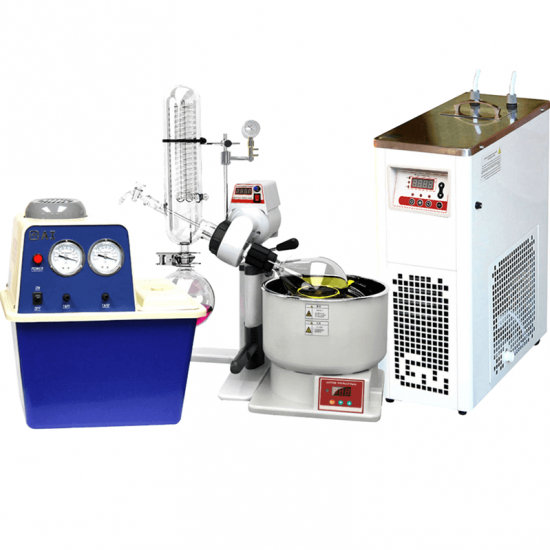An Altitude Simulation Pressure Tester, also known as an altitude chamber or hypobaric chamber for testing purposes, is a specialized piece of equipment used to simulate the atmospheric conditions at various altitudes. This type of tester is crucial for evaluating how products, particularly electronic devices, batteries, and other components, perform under low-pressure environments that mimic high-altitude conditions. Such testing is essential for ensuring the reliability and safety of these products when they are used in aerospace applications, mountainous regions, or during air transport.
Key Features
1. Pressure Control
- Capable of accurately simulating a wide range of atmospheric pressures corresponding to different altitudes, from sea level up to the equivalent of 30,000 meters or more above sea level. The pressure inside the chamber can be finely adjusted to meet specific test requirements.
2. Temperature and Humidity Options (Optional)
- Some advanced models offer integrated temperature and humidity controls, allowing for combined environmental testing. This enables the simulation of complex environmental conditions encountered at different altitudes.
3. Precise Environmental Replication
- Provides precise control over environmental parameters including pressure, temperature, and sometimes humidity, ensuring consistent and repeatable test conditions.
4. Data Acquisition and Monitoring
- Equipped with data acquisition systems for monitoring and recording critical parameters throughout the test. This allows for detailed analysis of product performance under simulated altitude conditions.
5. Safety Features
- Includes robust safety features such as emergency stop buttons, pressure relief valves, and sometimes remote operation capabilities to ensure operator safety during testing.
6. Customizable Test Protocols
- Users can customize test protocols according to specific standards or requirements. For example, MIL-STD-810 outlines methods for testing equipment to withstand rapid and extreme changes in altitude.
Integrated Rotary Evaporator
Applications
- Aerospace: Testing avionics, satellite components, and other aerospace equipment for functionality and reliability under the low-pressure conditions found at high altitudes.
- Electronics: Ensuring consumer electronics, including smartphones, laptops, and wearables, can operate reliably under varying atmospheric pressures encountered during air transport or use in high-altitude locations.
- Automotive: Evaluating components for electric vehicles (EVs) and autonomous driving systems to ensure they function correctly at different altitudes.
- Military and Defense: Verifying the performance of military equipment under extreme environmental conditions as part of compliance with military standards.
- Battery Testing: Assessing the impact of low-pressure environments on battery performance and safety, especially important for lithium-ion batteries used in EVs and portable electronics.
Considerations When Choosing an Altitude Simulation Pressure Tester
- Altitude Range Requirements: Ensure the tester can achieve the desired altitude range based on your testing needs.
- Size and Capacity: Select a chamber size that accommodates the dimensions and volume of the products you intend to test.
- Temperature and Humidity Needs: Determine if integrated temperature and humidity controls are necessary for your specific testing scenarios.
- Budget: Costs vary based on capacity, features, and brand. Decide which features are essential versus optional for your application.
- Ease of Use and Maintenance: Opt for user-friendly interfaces and straightforward maintenance procedures to minimize downtime and training requirements.
- Compliance Standards: Verify that the tester meets relevant industry standards and certifications required for your application, such as MIL-STD-810, DO-160 for aerospace, or other applicable standards.
By carefully considering these factors, you can choose an Altitude Simulation Pressure Tester that not only fits your current testing needs but also supports future growth and compliance requirements. Ensuring the reliability of products under varying atmospheric pressures is essential for enhancing their durability and safety across numerous industries.
Manufacturers specializing in environmental testing equipment often provide altitude simulation chambers as part of their offerings. Consulting directly with these manufacturers or suppliers can help find a solution tailored to specific testing requirements and ensure it meets all necessary safety and performance standards.





 Online service
Online service +86 13174506016
+86 13174506016
